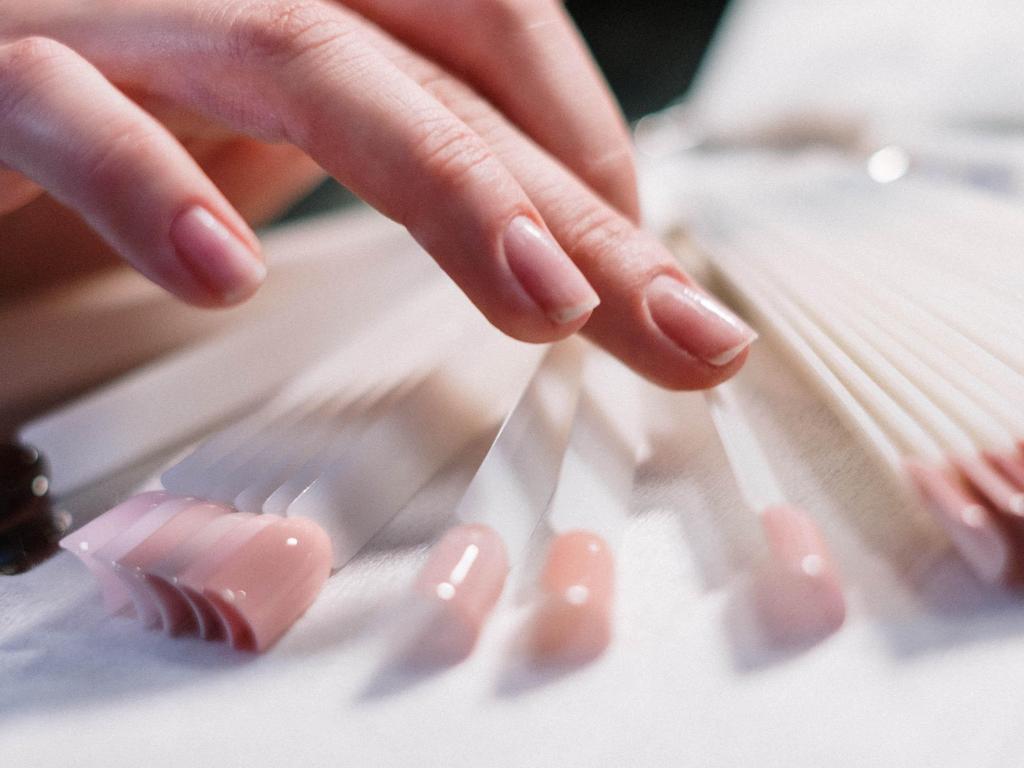Vulvar leukoplakia is a lesion in which the skin and mucosal tissues of the vulva undergo pigment changes and degeneration. The causes of this disease are often related to genes, autoimmune disorders, lack of sex hormones, or a decline in sex hormone receptors. Vulvar squamous epithelial hyperplasia may be related to the repeated scratching caused by vulvar itching, which is induced by a moist vulva and long - term irritation from secretions.In the early stage of vulvar leukoplakia, the clinical symptoms include itching, which is particularly severe at night. Moreover, the degree of itching is related to time, menstruation, climate, food, environment, and emotions. The itching usually recurs intermittently, and patients often scratch continuously due to the intense itching. As a result of scratching, there are multiple scratch marks and swelling on the vulva. Due to long - term itching, local ulcers, chapping, suppuration, and secondary infections may occur.It is recommended that patients seek timely treatment and follow the doctor's advice for symptomatic treatment.






